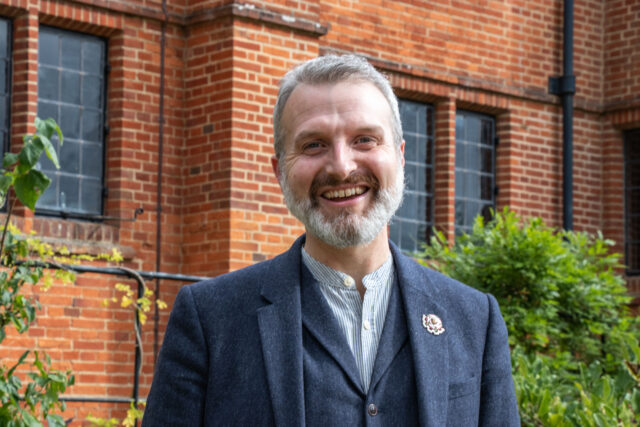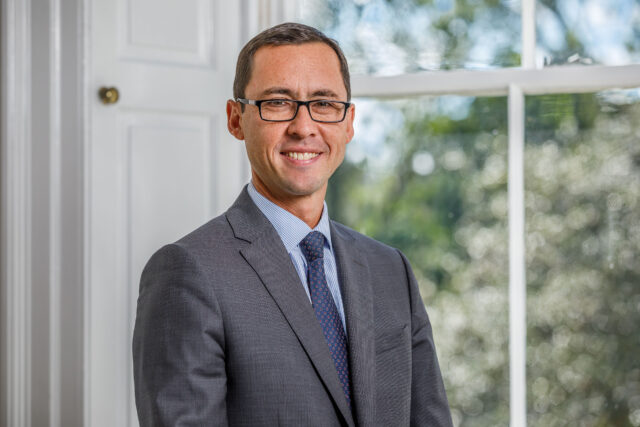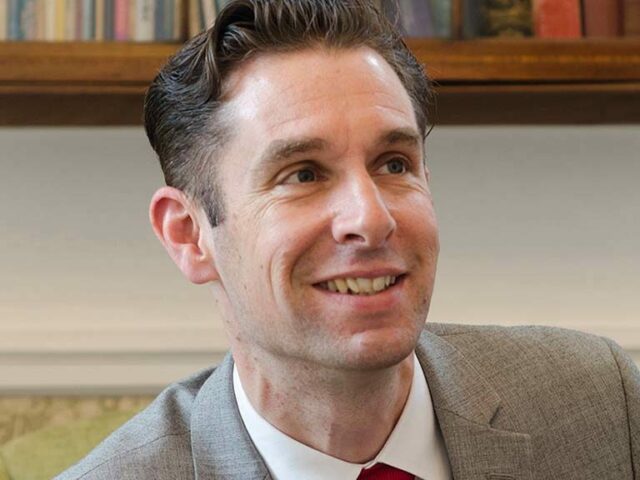Blog
Calls for education reform can’t be ignored

Will Goldsmith
Head, Bedales School
Read the blog
Another week brings another powerful plea for reform to the ways in which we teach and assess the young people in English schools. To the exasperation of many, myself included, such efforts so far have been swatted away and proponents of reform dismissed as soft-witted zealots out of touch with real world concerns and what parents want. By way of illustration, in a piece for Conservativehome outgoing Schools Minister Nick Gibb recently defended the DfE’s record for the period of his tenure. This he characterises as the first time a Conservative Government systematically challenged “the so-called ‘progressive’ approach – an ideology which downgraded the importance of knowledge and academic rigour and which argued that children learn better through projects and through self-discovery…that by teacher-led teaching.” Such “ideologically-driven bad practice”, he tells us, has bedevilled the education system since the 1950s.
Disingenuous as this mantra may be, it has maintained traction in the face of calls for reform. However, I sense that this may be about to change. The State of Education – Time to Talk, published in November 2021 by Sarah Fletcher and HMC, argues amongst other things that the system is fixated with examination results at the expense of encouraging and rewarding curiosity and creativity, and that in so doing we are failing to prepare young people for the 21st century adult world – not only in terms of work skills, but also in navigating an increasingly fractious world. We also risk damaging them, no less importantly.
The majority of the findings will be familiar to those who have followed the debate thus far (although the section on the pedagogical potential of Educational Technology has given me some new ideas). Rather, the recommendations are remarkable for both the scope and depth of the desire for change, and because they draw significantly on responses from educators, parents and students from both maintained and independent schools. It will take some fast footwork of policy makers to dismiss these people as ideologically-motivated cranks.
The report recommends reform that is as rapid as it is radical, with consultation launched immediately and change led by educators rather than politicians. The prospects of this appear unlikely as things stand. There has been talk of a new education white paper, although if reports are to be believed it is likely to be preoccupied with satisfying a revived appetite for academisation rather than curriculum reform. Meanwhile, others are also looking at this issue, alongside HMC. Awarding body Pearson is looking at what young people learn, how they learn it and how it is assessed, is fit for the 21st century. Similarly, The Times Education Commission has been set up to examine the future of education in light of the Covid-19 crisis, declining social mobility, new technology and the changing nature of work. Shortly before publication of the HMC report, Sir Anthony Seldon, a member of the Commission, wrote a piece in which he described our school system as “inhumane and negligent”. Again, it would be difficult to dismiss Sir Anthony, who places himself , as an ideological outlier.
If government does not act soon on the subject of education reform, it risks being overtaken by events. Both The Times and Pearson will report in 2022 and HMC’s work continues with more events planned for the future. In so doing, these organisations will add considerable weight from politics, business and beyond to those already being heard. I will be most surprised if they do not overwhelmingly support the call for radical reform being made by Rethinking Assessment and HMC. If there were any doubt Government has placed itself firmly on the wrong side of this argument, it has surely now gone. Like bankruptcy according to Mike in Hemmingway’s The Sun Also Rises, policy orthodoxies can also evaporate twice – gradually, and then suddenly. Publication of the HMC report tells me that we may reach the second of these eventualities sooner rather than later if government persists with its strategic deafness.


